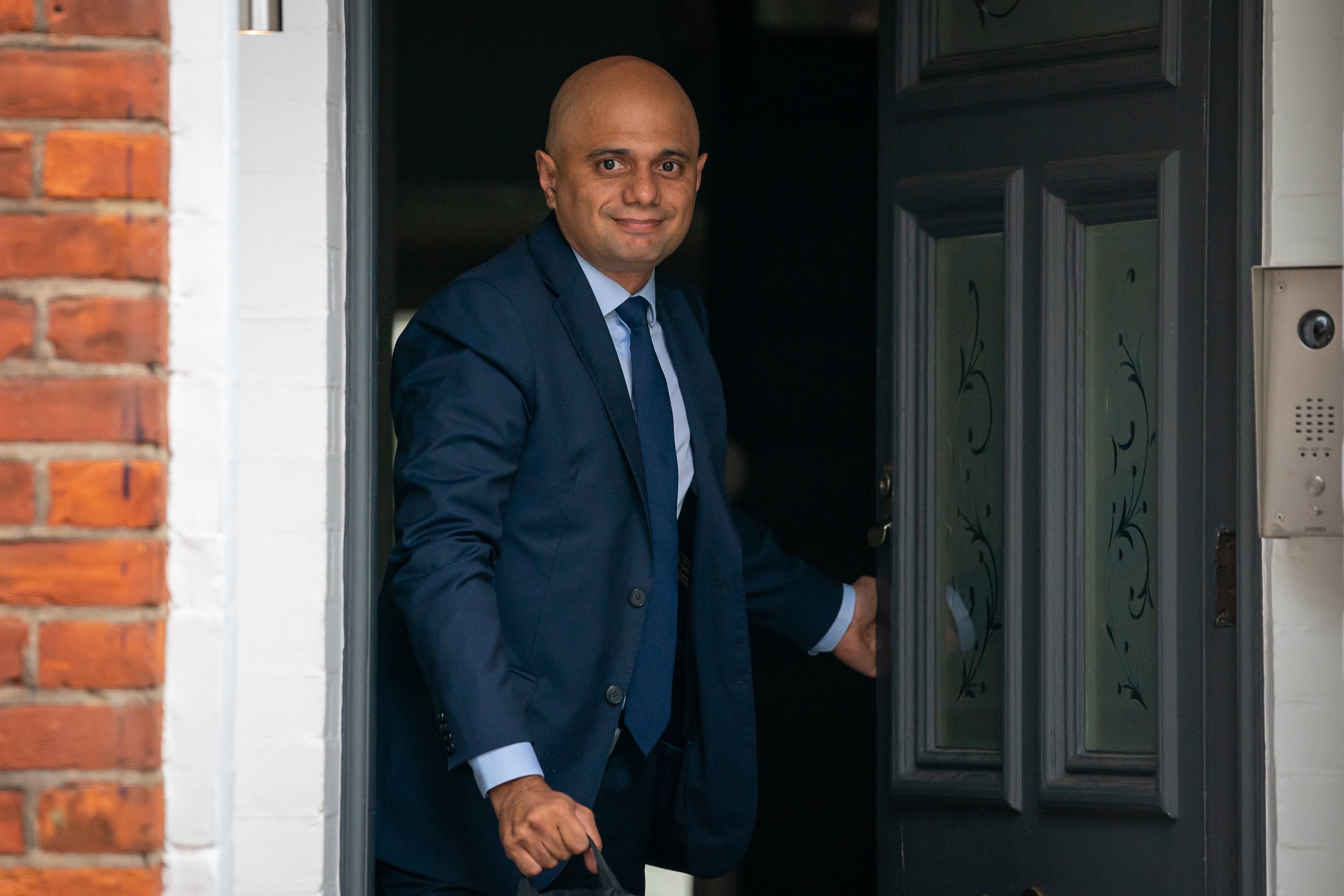Black and Asian people with learning disabilities are more likely to die young – this grim fact alone should compel Sajid Javid to act
While issues like institutional racism, unconscious bias and white privilege are hotly debated, Saba Salman asks why there is no comparable focus on the dual discrimination facing disabled people from diverse backgrounds


It is a shocking and well-documented fact that people with a learning disability die around 27 years younger than the general population because of health inequalities. Now it is clear that the learning disabled people most likely to die young are those from Black, Asian or minority backgrounds.
This grim fact, which has no place in a modern, civilised, multicultural society, is among the findings in the recently published NHS-commissioned report, the Learning Disabilities Mortality Review.
Tackling these shameful inequalities is in the remit of the newly appointed health and social care secretary Sajid Javid – and the evidence compels him to act.
The report, the third of its kind since 2015, is a review into the deaths of 9,110 people between 2018 and 2020. It reflects the racism and disablism faced by people with learning disabilities.
Covid was the leading cause of death among learning disabled people in 2020, the report states (we already know that learning disabled people were initially not a priority for vaccination, despite being at higher risk of death from the virus). The statistics show that an Asian person with a learning disability was three times more likely to die of Covid than a white British person.
The average age of death for an Asian man with profound and multiple learning disabilities is 30, far younger than the average age for a white man with the same sort of disabilities – a far too young 59. On average, meanwhile, a white man in the general population can expect to live till about 83.
While issues like institutional racism, unconscious bias and, most recently, white privilege, are hotly debated in the press, political and public arenas, there is no comparable focus on the dual discrimination facing disabled people from diverse backgrounds.
My youngest sister Raana has a learning disability and the report reflects my worst fears. It is unsettling enough to know, as I always have done thanks to existing research into the issue, that my sister is at risk because of discriminatory attitudes or diagnostic overshadowing (when health problems are attributed to someone’s disability). But now there is fresh proof that such challenges are compounded because of her ethnicity.
I agree with the campaigning Stop People Dying Too Young Group, part of the disability charity Inclusion North, which says the latest findings are “shocking but not surprising”. The group, made up of learning disabled people and family carers, adds: “We’ve learned from the last two annual reports not to expect much improvement. Nothing is happening quickly enough, and obviously last year with Covid everything got much worse for people.”
Elizabeth Sunduzwayo, a director at Inclusion North, says that learning disabled people from Black, Asian or minority ethnic backgrounds die earlier because of “discrimination, negligence, stereotyping and failure by the social services to understand the diverse needs of ethnic minorities”. One solution, says Sunduzwayo, is for the government and NHS to talk directly to people and families about solutions. This sounds obvious, but it rarely happens.
A recent piece of work I did for the Race Equality Foundation considers the solutions.
Firstly, the government can no longer delay reforming the funding of social care, the system that can prevent someone spiralling into a health crisis. Javid must acknowledge and act swiftly on the social care half of his new brief - unlike his predecessor. The health secretary cannot overlook the fact the care system supports younger, working age people like my sister (not just older people in care homes).
We need culturally sensitive, community-based support for advocacy and self-advocacy work. And the independent public inquiry into Covid must focus on the disproportionately high death rates among learning disabled people - particularly among those from diverse backgrounds. The national Covid recovery plan should be inclusive – why should some people be denied the opportunity for us to “build back better”?
The experiences of individuals from minority ethnic groups are “of particular concern”, says the report into the deaths of learning disabled people. This is a woeful understatement. People like my sister Raana and families like mine are fully aware of the concern. We just need concrete action.
Join our commenting forum
Join thought-provoking conversations, follow other Independent readers and see their replies
Comments
Bookmark popover
Removed from bookmarks